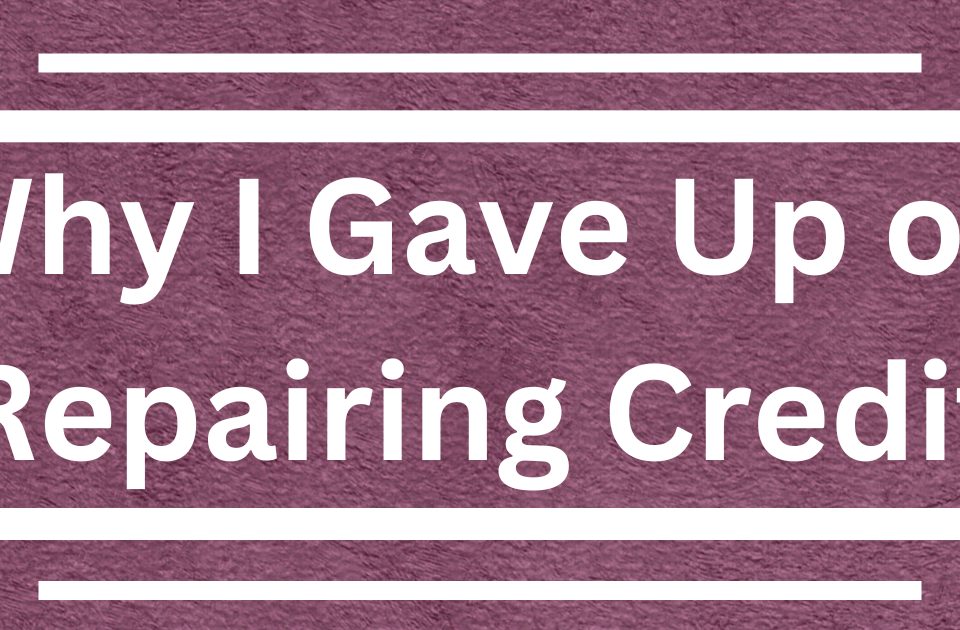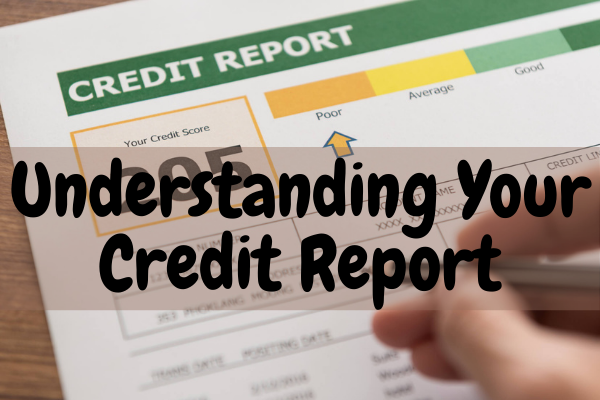Two Ways To Begin Repairing Your Credit
Credit is a necessary tool for many people’s day-to-day lives. Good credit allows for many advantages that we sometimes take for granted: credit cards, the ability to rent an apartment, qualifying for financing or a car loan, and that’s just the beginning. If you fall behind in payments towards a creditor, each incident will be reported to your credit bureau, end up reflecting badly in your credit rating, and make the credit-dependent activities above difficult If not impossible. If you have a poor credit rating, steps to repair it should begin as soon as possible.
Credit repair is not a quick process, and requires you to build a better rating over time. Here are some steps to get you started:
1. Add Accounts to your Credit Report.
If you apply for credit and are denied, you should immediately get a copy of your credit report from the credit bureau who denied you. When you receive the report, examine it closely for any errors. If the report reflects no errors, you may realize that the only reason your credit rating is “poor,” is because you don’t have enough credit history to give you a good rating.
Some types of credit, like gas cards or department store credit cards, may not be tracked by credit bureaus. However, as long as the credit bureau can verify that the account is legitimate, most credit bureaus can add it to your account for a fee. By adding these accounts to your credit report, and paying them regularly, you can begin to establish a better credit rating.
2. Seek Credit Counseling.
Once you’re mired in debt, bad credit can become a vicious circle that it’s difficult to escape from. If you see yourself being drawn into the bad credit-cycle, consider credit counseling. Not to be confused with credit repair companies, a credit counselor is usually a non-profit service that offers advice and guidance for individuals trying to repair their credit. Credit repair companies operate for-profit and sometimes have dubious ethics. They generally charge fees for doing things that with a little bit of knowledge, you can easily do of yourself. A good credit counselor helps you create a realistic budget – and stick to it – as well as make practical decisions in regards to your current credit situation.
By adding accounts already in good standing to your credit report and seeking help from a credit counselor if necessary, you will begin to make headway in the credit repair process. It is important to remember that a good credit rating takes a long time to build, but only a very short time to damage. There is no quick-fix for bad credit: you will have to work on building your credit rating up, sometimes from scratch. Avoid credit repair companies that falsely promise quick and easy solutions for a fee, and instead try to make long-term changes to your budget and spending habits. Follow these steps, give it time, and you will be successful in repairing your credit.






